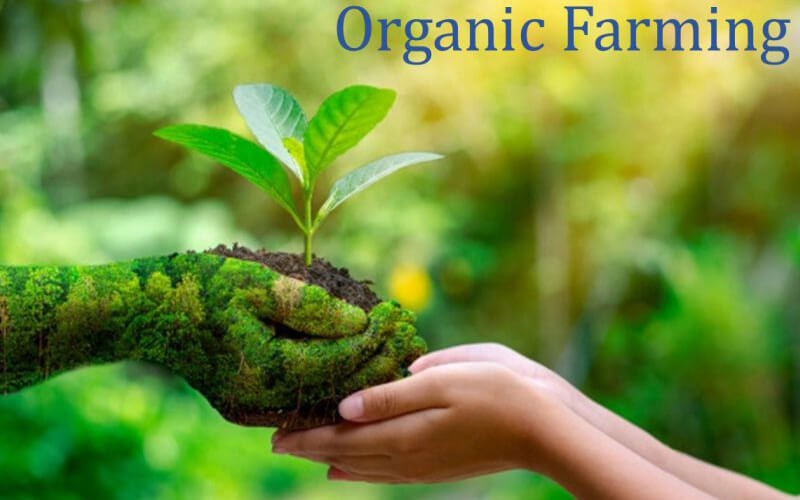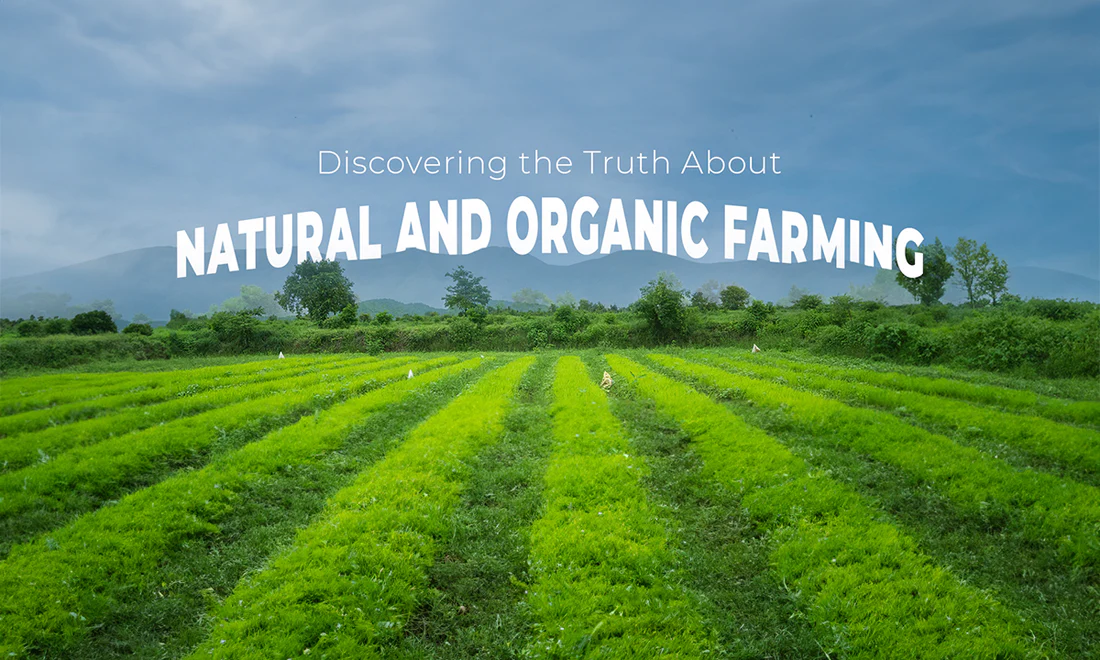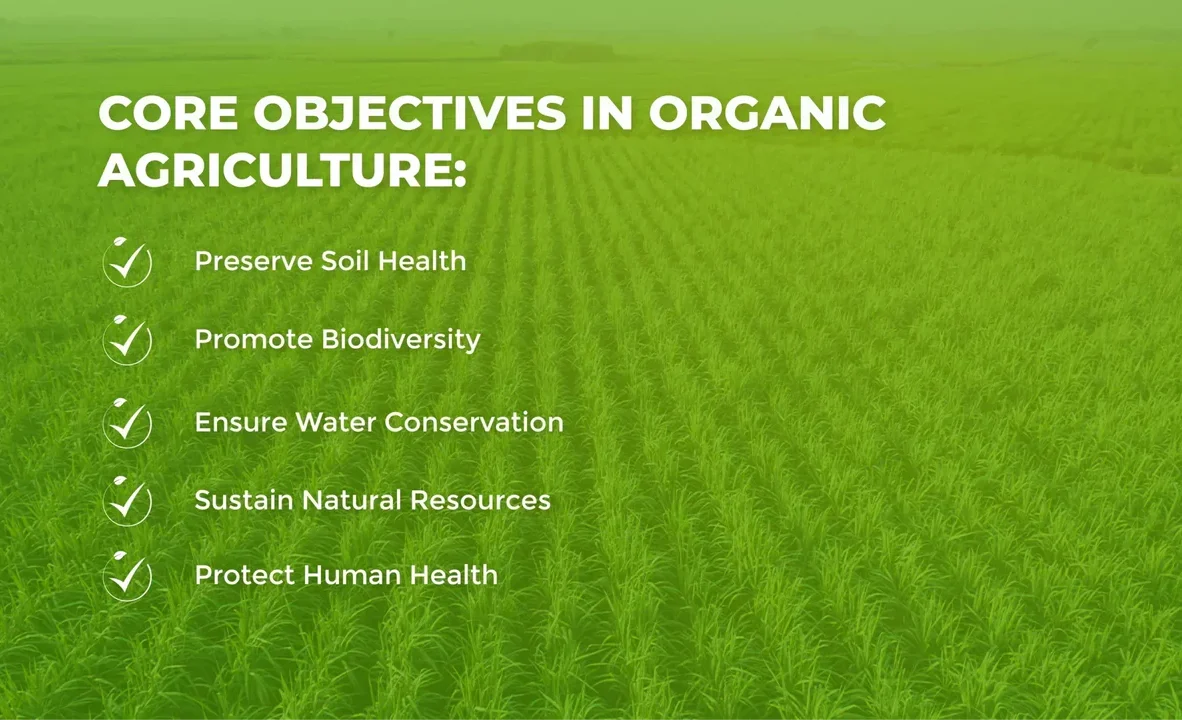
Organic farming is getting more and more popular as a farm practice. Although most agricultural land is still processed through conventional farming, the demand for organic agriculture and organic crops is constantly increasing. The following article reveals the answers to some common questions regarding organic farming, including its general definition, background, principles, practices of organic producers, and pros and cons.
Organic Farming: What Is It And Why It’s Important
There are many different definitions of organic farming. Most of them claim that organic farming excludes synthetically compounded fertilizers and pesticides. This is correct; however, organic farming is much more than that. As a completely natural and sustainable farm management practice, organic farming is based on unique values. In other words, organic farming is not only a farm practice but also a philosophy of working together with nature.
Different Practices in Organic Farming
Each country regulates the laws and regulations for organic farming separately. Based on that there are different types of practices included in various types of organic farming. However, there are some popular organic farm practices common to most organic farmers:
Organic Farming
Benefits of Polyhouse Farming


Health and Wellness Benefits
The health benefits of organic farming extend beyond the farm. Organic produce is free from harmful residues of synthetic pesticides and fertilisers, making it safer for consumers. It’s also richer in nutrients, thanks to healthier soil and natural growth processes.
For rural communities, the shift to organic farming means reduced exposure to toxic chemicals, which have been linked to respiratory issues, skin diseases, and even cancer. By embracing organic farming, farmers in India are not only protecting their own health but also contributing to the wellness of their families and communities.
FAQs for Organic Farming in India
1. What is organic farming and why is it good for Indian farmers?
A. Organic farming avoids chemicals and improves soil health. It helps farmers earn more and protects their land naturally.
2. How can I start organic farming in Telangana or Andhra Pradesh?
A. Join a local FPO or cooperative, use natural inputs like compost and Jeevamrut, and apply for support under PKVY.
3. What are the health benefits of eating organic food?
A. Organic food is free from harmful chemicals and often richer in nutrients. It’s safer for your family and better for the environment.
4. Which government schemes support organic farming in India?
A. Schemes like PKVY, NPOP, and MOVCDNER offer training, certification, and financial help to farmers switching to organic methods.
Water-Efficient: Save up to 60% of water through drip irrigation
Higher ROI: Fast payback within 1–2 years




